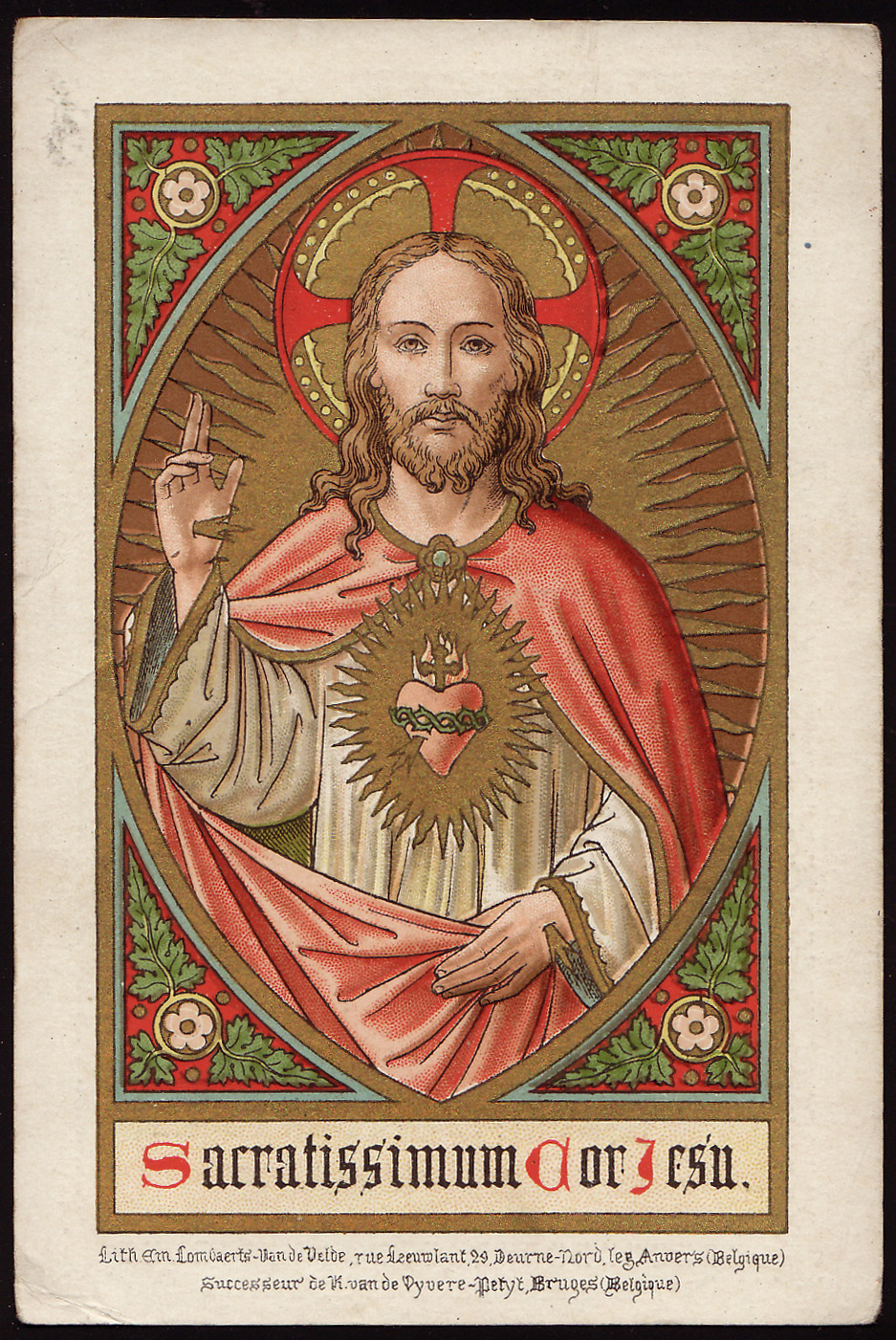I would like to begin this morning by asking a simple question, ‘Have you ever said that you would do something, and then have not done it?’ I imagine that the answer is yes, because we all have broken promises. I know that I have. I also know that I’m very sorry for having done so, and I have asked God for forgiveness, and I am trying not to do it again.
In our first reading this morning, the prophet Ezekiel lays out two possibilities before us:
When a righteous person turns away from his righteousness and does injustice, he shall die for it; for the injustice that he has done he shall die. Again, when a wicked person turns away from the wickedness he has committed and does what is just and right, he shall save his life (Ezek 18: 26-7)
In other words it is better to be a repentant sinner than a self-righteous one. Repentance is the key: turning away from evil to do good. Indeed the proclamation of both John the Baptist and Jesus was the same: ‘Repent and believe the Good News’. The message is a consistent one. We need to stop going the wrong way, and change direction. We need to go the way God wants us to, so that we can flourish as human beings, loved by God. This means that we will need to ask for, give, and receive forgiveness. We cannot keep score or remember past wrongs. To live lives of repentance and forgiveness is difficult, and we need God’s help, because we cannot do it on our own.
Our second reading continues Paul’s advice to Christians in Philippi on how to live a Christian life. The key to it all is Love, God’s love for us, and our love of God and each other. As Christians we receive the Holy Spirit in Baptism and Confirmation making us part of the Body of Christ. Paul encourages the Philippians to be unified in faith. This is the same unity which Christ prays for in John 17, just before His arrest. As Christians we should be free from competition or self-importance, which are manifestations of pride. Instead, we should be united and loving, putting others first. This is the key to humility, something which Christ exemplifies, and it is demonstrated in the words of the hymn which forms part of the second reading from the Letter to the Philippians. Christ became man and was born of the Virgin Mary. In coming to share our human life, Christ shows God’s humility by living amongst us as one of us. Christ’s life leads to His Death on the Cross. The Crucifixion was the ultimate humiliation, the punishment of a slave and a criminal. Yet, because it is the ultimate demonstration of God’s love for us, it is paradoxically something in which we, as Christians, rejoice. The Cross is central to our faith. It is the moment of God’s triumph over sin, over the world, and over death.
Paul quotes from the prophet Isaiah to reinforce the fact that Jesus is God:
‘To me every knee shall bow,
every tongue shall swear allegiance.’ (Isa 45:23)
To say that ‘Jesus is Lord’ may not seem strange to us, nowadays. Two thousand years ago things were different. The phrase implies His Divinity, that Jesus is God. To say this is to make quite a political statement, as it was a title which Roman emperors were keen to adopt: they wanted to be seen and worshipped as gods. While Christ has no need of earthly power, human rulers tend to view such titles as important. If we are saying, ‘Jesus is Lord’ then, at one level, we are saying that Caesar isn’t. Whilst this may not seem important now, such a declaration has led to the martyrdom of many Christians over the centuries .
In this morning’s gospel, Jesus is talking to the chief priests and elders. These are the religious leaders of His day, the people tasked with guiding the people of Israel in their relationship with God. Jesus has entered Jerusalem in triumph, and cast out the money-changers from the Temple, and cursed a fig tree for not bearing fruit. What we are witnessing in the Gospel is a religious reform. Those who are supposed to have brought people closer to God are to be understood as resistant and rebellious; they are the problem rather than the solution.
Jesus begins by asking the chief priests and elders a question: ‘What do you think?’ These simple words speak profoundly of the freedom given to humanity by God. We are not forced, but rather invited, to engage in a conversation, God does not compel us. In the parable of the two sons, clearly the one who overcame his initial reluctance and actually did the will of his father, and worked in the vineyard, is the example for us to follow. This son experiences repentance, and changes his behaviour to do what is best for him. He is not a hypocrite; he is just stubborn, rebellious, and disobedient — but the important thing is that he repents.
The other son begins with an outward show of respect: he appears to be a dutiful son, addressing his father as Sir, but he is basically a hypocrite, as his actions do not match his words. True obedience is not in outward displays of respect, but in doing the will of God. The chief priests and elders have rejected Jesus and soon will be calling out for His death. They will take the Messiah, the one who could save them from their sins, and kill him. What greater turning away from God could there be?
Tax-collectors and prostitutes were seen as the lowest of the low in society: the first were viewed as swindlers, the second as sexually immoral. Both were on good terms with the Romans, they were certainly not the kind of company a religiously observant Jew would keep. And yet, despite their sins, they are willing to repent. They are aware of their need for God, and they understand that God loves them, and will heal their wounds, and welcome them into His kingdom. The religious authorities are condemned by their own lips. By recognising that it is more important to do the will of God rather than simply to say that you will, they highlight their own hypocrisy. They have been told by John the Baptist what God wants, but they have ignored him, and now when Jesus tells them the same message they will also ignore Him.
Are we then, here today, going to follow the example of the self-righteous and make an outward show of our closeness to God, while refusing to repent of our sins? Or are we going to be like the tax collectors and prostitutes, who know their need of God, who know their own shortcomings? They believe and trust in God, want to be healed by Him, and turn away from all that separates them from God. I hope and pray that we will be like the latter rather the former.
To show His love, God gave himself for us, upon the Cross. On the hill of Calvary, Jesus Christ is both Priest and Victim. This same sacrifice will become as present here this morning as it did outside Jerusalem 2000 years ago. God will give Himself to us in His Body and His Blood, under the outward forms of bread and wine, to heal us, to draw us closer to Him, to show us how much He loves us. So then let us taste and see how gracious the Lord is, and most of all, let us do the will of our Father in Heaven. Let us turn away from what we have been and conform ourselves to the will of God. Let us fed by Him, strengthened by Him, forgiven by Him, to be built up as a living temple to His glory. So that we, and all creation, may be free to sing the praise of God the Father, God the Son, and God the Holy Spirit, to whom be ascribed, as is most right and just, all might, majesty, glory, dominion and power, now and forever. Amen.



